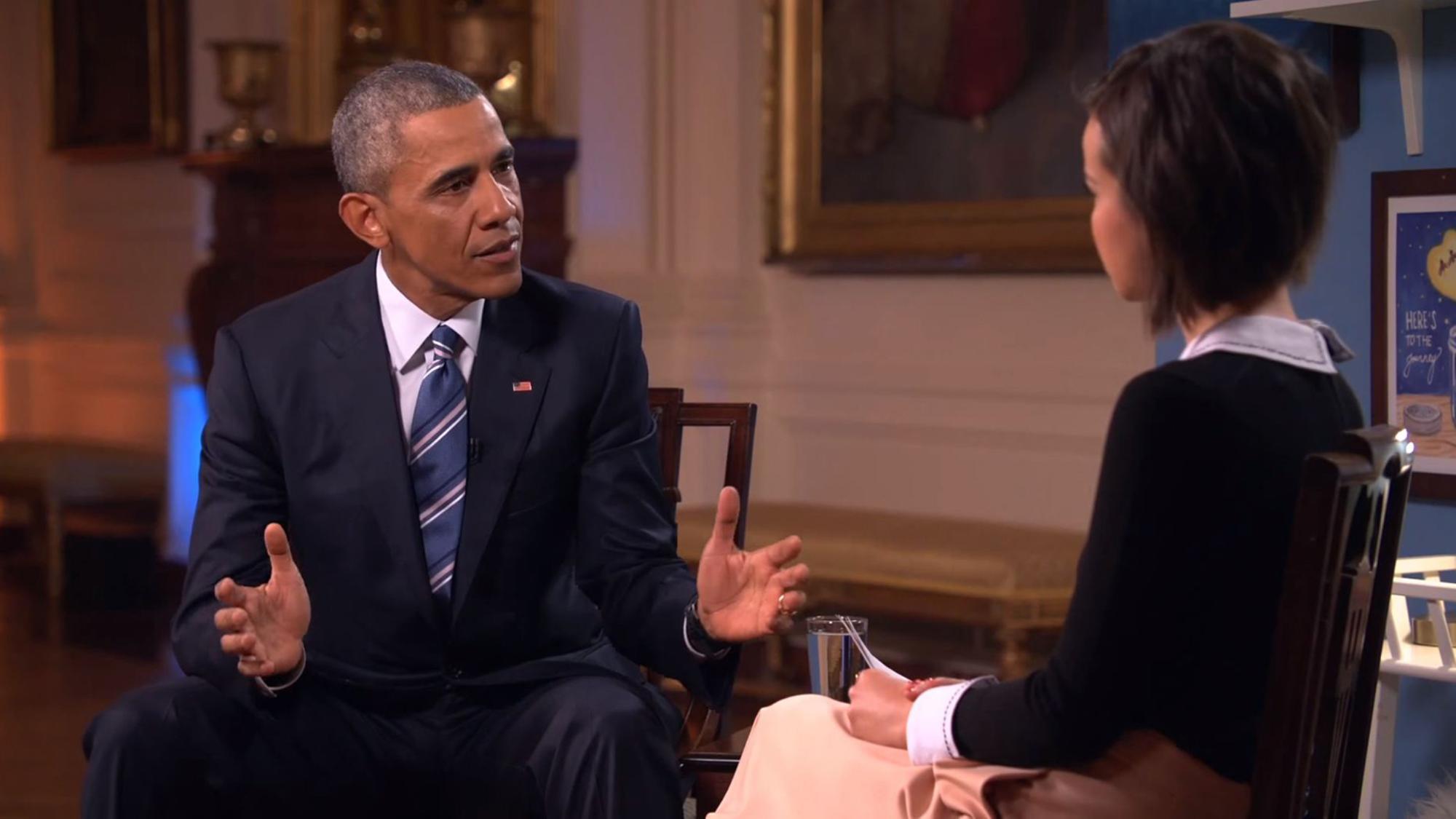President Obama, aka our favorite president ever, has continued to be brilliant. He’s written an essay about his personal quest to be a feminist father, husband, and president. It also touches on the slow but remarkable march of the women’s liberation movement in America.
Opening the essay by talking about how his long commutes to work in the past left Michelle to do most of the childcare — though Barack says he helped out, he notes that, “The burden disproportionately and unfairly fell on Michelle” — he explains that the 45 second trip from his living room to the Oval Office has enabled him to spend more time watching his daughters “grow up into smart, funny, kind, wonderful young women.”
While he says it is difficult to watch them prepare to leave the nest, Obama adds that, “one thing that makes me optimistic for them is that this is an extraordinary time to be a woman. The progress we’ve made in the past 100 years, 50 years, and, yes, even the past eight years has made life significantly better for my daughters than it was for my grandmothers. And I say that not just as President but also as a feminist.” He adds, “And yes, it’s important that their dad is a feminist, because now that’s what they expect of all men.”
Though he accepts that there is still a long way to go until women can be said to enjoy full equality, POTUS says we, “shouldn’t downplay how far we’ve come.” “Two hundred and forty years after our nation’s founding, and almost a century after women finally won the right to vote, for the first time ever, a woman is a major political party’s presidential nominee. No matter your political views, this is a historic moment for America,” he says of Hillary Clinton’s nomination as the Democratic Party candidate.
“It’s never been just about the Benjamins; it’s about the Tubmans too,” he says, situating the African American abolitionist Harriet Tubman (who will feature on the 2020 $20 notes) alongside the ‘First American,’ Founding Father Benjamin Franklin, who appears on the $100 bill.
“That’s what twenty-first century feminism is about,” he concludes, “the idea that when everybody is equal, we are all more free.”
Read the full essay on the Glamour website.
Credits
Text Charlotte Gush
